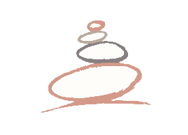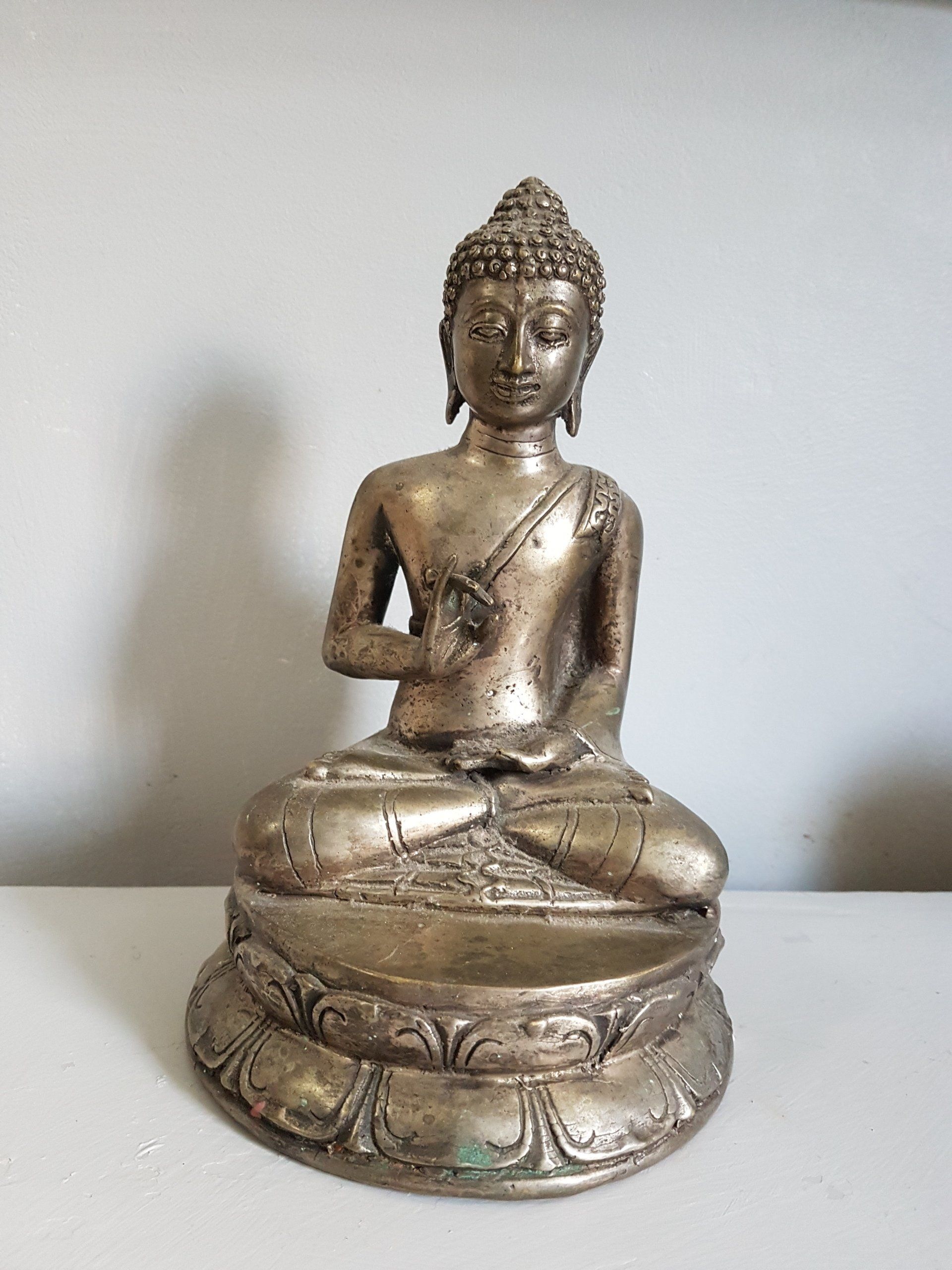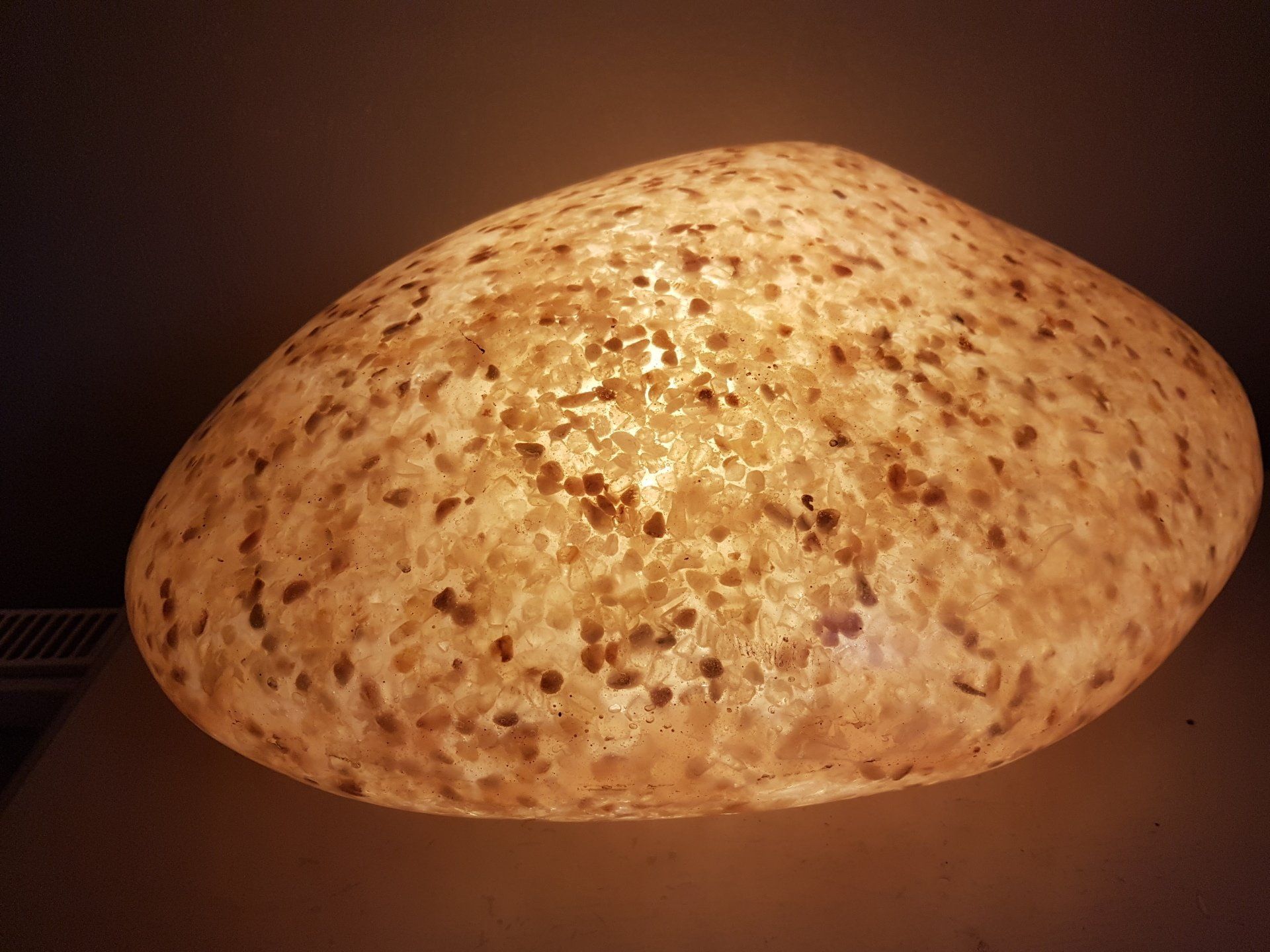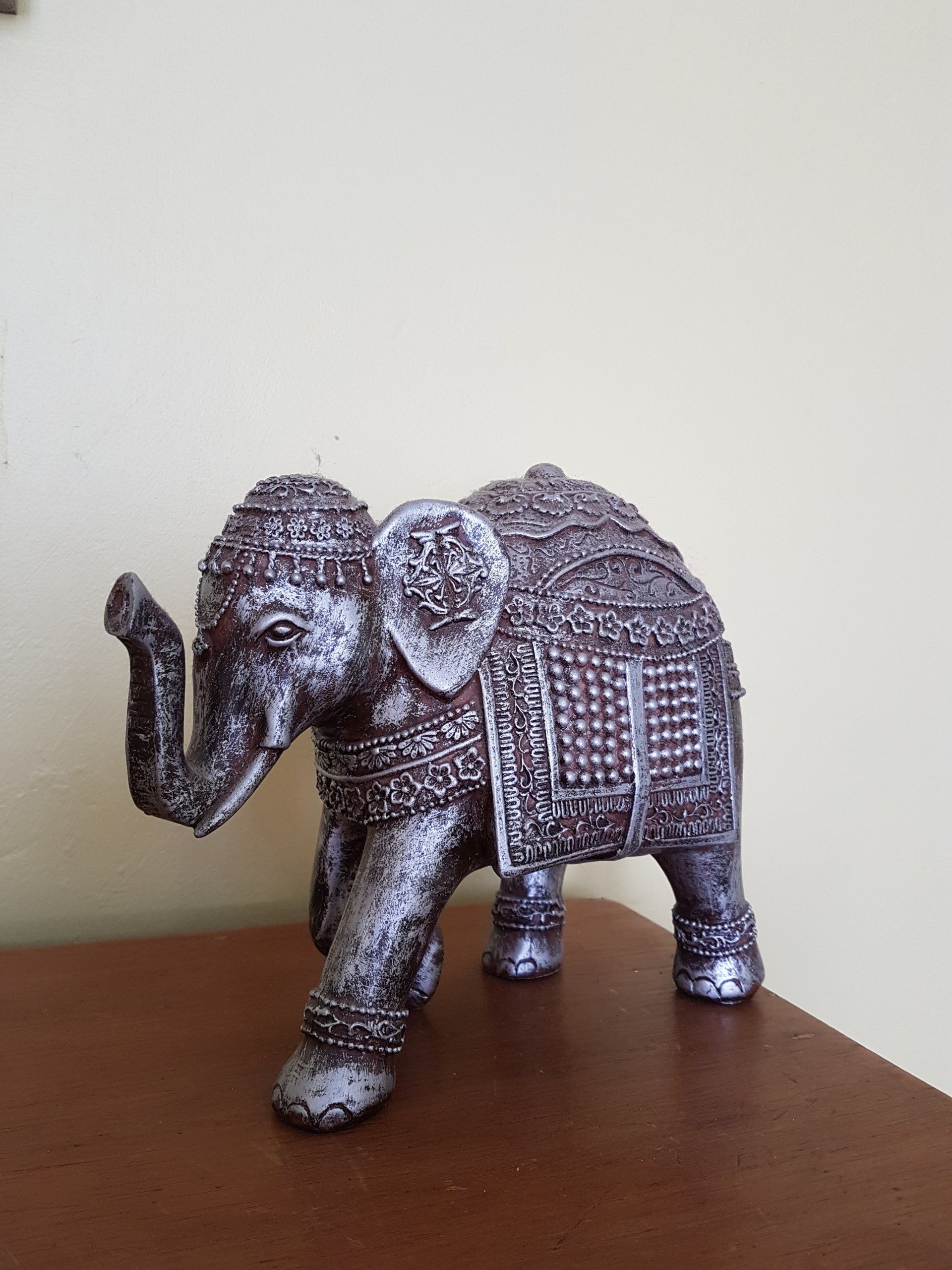Dépression postnatale
Pour plus d'informations, téléphonez au ( 44) 08454670612 ou ( 44) 07593809574 ou envoyez-nous un e-mail
La dépression postnatale ou plutôt PND, est une maladie qui ne va probablement pas s'améliorer rapidement, sans aide. Il est important d'obtenir le soutien dont vous avez besoin dès que possible si vous pensez que vous pouvez avoir un PND. Vos symptômes peuvent durer des mois et peuvent avoir un impact important sur vous, votre bébé et votre famille.
Signes et symptômes de la dépression postnatale
The signs and symptoms of PND will be different for every mum. Your friends or family may spot the signs before you do, but the main symptoms include:
- A persistent feeling of sadness and low mood, which may feel worse in the mornings.
- Loss of interest in the world around you and no longer enjoying things that used to give you pleasure.
- Lack of energy and feeling tired all the time.
- Trouble sleeping at night and feeling sleepy during the day.
- Feeling that you're unable to look after your baby.
- Feeling easily overwhelmed.
- Problems concentrating and making decisions.
- Loss of appetite or an increased appetite (comfort eating).
- Feeling agitated, irritable or very apathetic (you "can't be bothered").
- Feelings of guilt, hopelessness and self-blame.
- Feeling you don’t have a positive bond with your baby, perhaps feeling indifferent about him and no sense of enjoyment in his company.
- Frightening thoughts, for example, about hurting your baby. These can be scary, but they're very rarely acted upon.
- Thinking about suicide and self-harm.
Most mums have at least one of these feelings, some of the time. It’s normal to have good days and bad days. But if you’re feeling these symptoms often, and they don’t get better, you could have PND.
Quelles sont les causes de la dépression postnatale?
Experts don’t fully understand why some women become depressed and others don’t. It’s likely to be for a few reasons, rather than just one cause. Sometimes, the things you have to face every day just get on top of you and make it harder for you to look after yourself, rest and eat well.
Certain circumstances may make it harder for you to cope, such as:
- You've experienced physical, emotional or sexual abuse as a child or later in life.
- You have been depressed before, or have had problems with your mental health, or were depressed during a previous pregnancy.
- You are going through a stressful or difficult life event, such as an illness or death in the family, or losing a job, and you don't have good social support.
- You’re an asylum seeker or refugee.
- You've given birth to twins or more.
- You have a chronic illness or other medical problem.
- You don’t have a supportive partner or you are experiencing problems in your relationship.
- Your baby was born prematurely or has a low birth weight.
At Tower Counselling we can help clients with Postnatal Depression at any of our four clinics. Telephone (+44) 08454670612
or (+44) 07593808574
or email
us for more information














